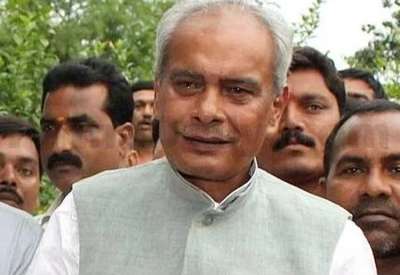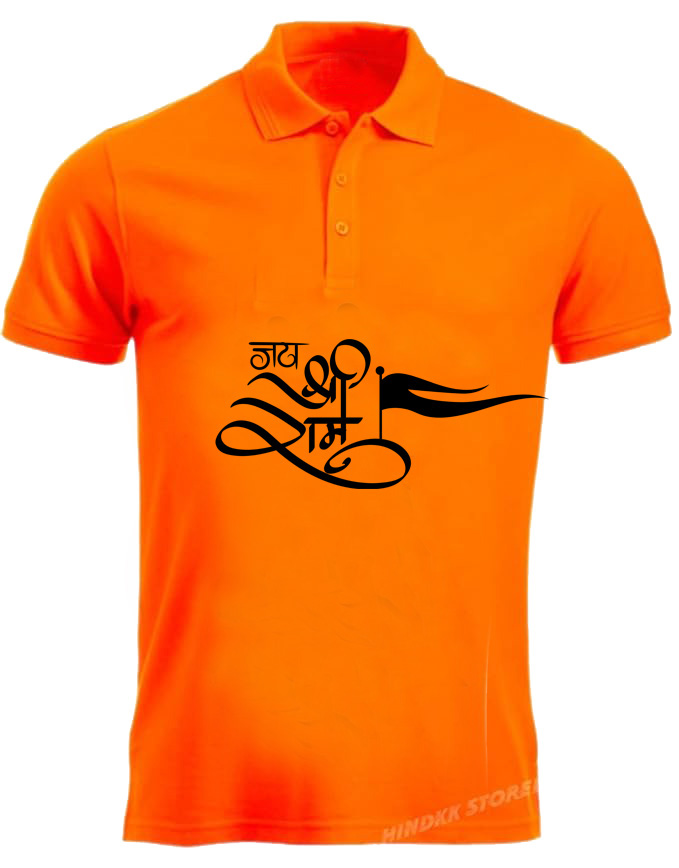Days after overturning the trial court’s judgment clearing him of all charges in a double homicide case from 1995, Rashtriya Janata Dal (RJD) politician and former Member of Parliament (MP) Prabhunath Singh was sentenced to life in prison on Friday.
Additionally, a bench of justices Sanjay Kishan Kaul, AS Oka, and Vikram Nath ordered Singh and the Bihar government to pay the families of the two killed victims and one injured victim each 10 lakh each and separately.
In reality, Singh was brought out of the Jharkhand prison in Hazaribagh, where he is currently serving a life sentence for another crime.
He was convicted of the 1995 slaying of legislator Ashok Singh, who had lost the former MP in the 1995 Bihar assembly election, by a trial court in 2017. Following the election results, Prabhunath Singh had threatened to kill him.
Singh’s attorneys, R. Basanth and Abhishek Manu Singhvi, argued that Singh should not get the death penalty since his case did not qualify as one of the “rarest of rare” crimes. The attorneys added that Singh’s acquittals by two lower courts had been overturned by the Supreme Court and should also be taken into consideration during sentencing. The attorneys also informed the court that Singh had submitted a review petition on August 18 challenging the conviction verdict.
The public prosecutor, the judiciary, and the investigating officer, who is a member of the state of Bihar’s police force, have all “utterly failed to keep up their respective duties and responsibilities cast upon them,” the apex court lamented in its judgment on August 18 convicting Singh.
In the double murder case, the court had found that Singh, a three-term Janata Dal (United) or JD(U) and former RJD MP from Maharajganj, had killed Rajendra Rai (18) and Daroga Rai (47), close to a voting booth in Chhapra in March 1995.
Because the two did not cast their votes as Singh had advised, they were shot and killed.
The case was moved from Chhapra to Patna when the family members of the deceased claimed that witnesses were being intimidated and coerced. In December 2008, a Patna court cleared Singh of all charges due to a lack of evidence. In 2012, the Patna High Court upheld the conviction. The Supreme Court heard a challenge from Rajendra Rai’s brother over the verdict.
The prosecution, trial court, and Patna high court regrettably disregarded Rajendra Rai’s dying declaration and his mother’s eyewitness testimony, the apex court noted in its ruling on August 18 as it regretted that the tainted investigation demonstrates the highhandedness of Singh, who was a powerful individual and a sitting MP of the ruling party.
“The prosecution version in the present case was being demolished brick by brick by using political authority and muscle power with the aid of not only the police administration but also with the aid of Public Prosecutor and unfortunately, the presiding officer of the trial court also conducted himself in a manner unbecoming of a judicial officer,” said the bench, adding several key witnesses and evidence were deliberately kept out or overlooked during the trial to benefit Singh.
It was harshly critical of Singh and said that there was enough evidence to conclude that Singh killed the deceased. It also criticized the “deplorable functioning of the public prosecutor, police administration, and the presiding officer of the trial court to extend undesirable favor” to Singh.
“Both the courts completely shut their eyes to the manner of the investigation, the prosecutor’s role, and the high-handedness of the accused as also the conduct of the presiding officer of the trial court,” it said.
The court, however, affirmed the acquittal of six other co-accused over lack of evidence.
Singh joined Janata Dal in 1995. He later became a member of JD(U) before joining RJD in 2010 after falling out with chief minister Nitish Kumar.








